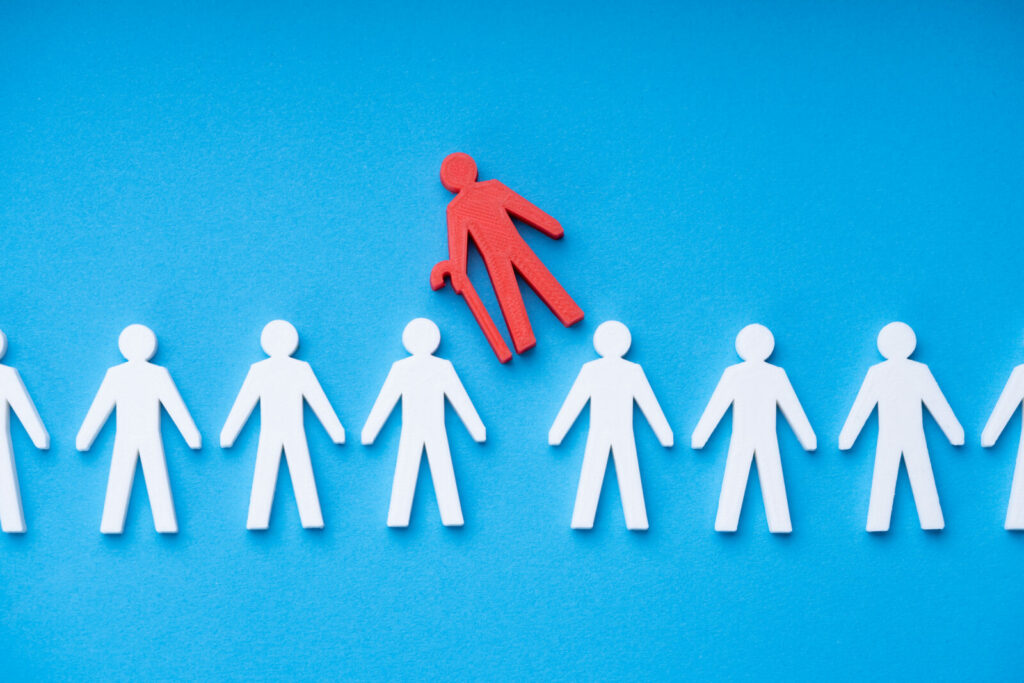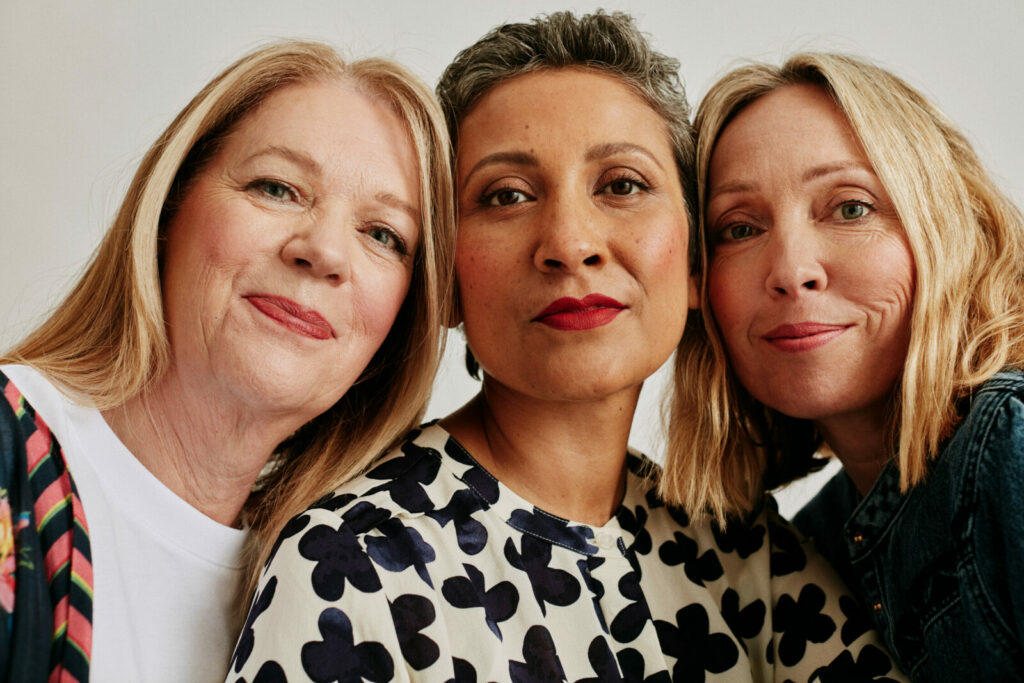According to the definition in the Larousse dictionary, ageism is “the attitude of discrimination or segregation against the elderly”. This can take the form of “At your age, you shouldn’t be…” or “Older people are public hazards on the road” or “It’s normal, considering your age…”. These are generalizations based on prejudices that are often very deep-rooted. This term has evolved since it was first coined by the American gerontologist Robert Butler in 1969. Today, ageism can be applied to all ages, but the people who suffer most from it are the oldest. One can either be too young to do something or too old.
Beyond derogatory remarks or judgements, ageism can have serious consequences on physical or mental health. According to WHO (World Health Organisation) figures, older people who have a negative perception of ageing may live 7.5 years less than people with a positive perception. Ageism can also create generational divides that are harmful to society.
A harmful impact that was exacerbated by the Covid-19 crisis
During the Covid-19 crisis, the general population was more attentive to what was being said in the media, which may have influenced the way the rest of the population viewed older people.
The over-65s as a whole were treated by the media as a homogeneous group of people with the same characteristics. They were labelled as “frail”, “isolated” or “not able to take care of themselves”. This conveyed the idea that all people aged 65 and over are vulnerable and should be protected by urging them not to go out and avoid contact with others. Not everyone over 65 needed to be protected or even infantilised; this global communication was very badly perceived by Baby Boomers.

This global issue was the subject of an impactful campaign by the World Health Organization (WHO) and its partners (the Office of the United Nations High Commissioner for Human Rights, the United Nations Department of Economic and Social Affairs and the United Nations Population Fund). It was launched in March 2021 with the main objective of opening a dialogue on ageism.
Ageism can take many forms and not everyone is aware of it. Some older people may even be ageist towards each other and themselves.
Do they feel well represented in the media?
According to the Seniosphere Conseil’s Observatoire du Bien Vieillir, 2022, out of 400 French people aged 55 to 75, few of them feel well represented in the media, with only 25% saying “yes, I find that advertisements on television, newspapers, magazines and social networks are well addressed to me”. Proof once again that ageism exists in many areas.
Sources:
- Seniosphere Council 2022 Observatory on Ageing Well and Baby Boomers in Europe
- https://www.who.int/fr/publications/m/item/global-campaign-to-combat-ageism-toolkit




